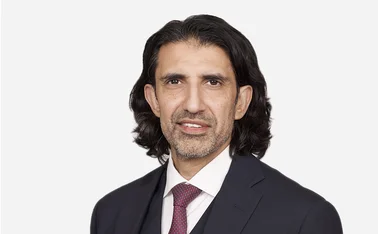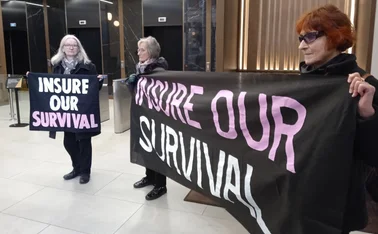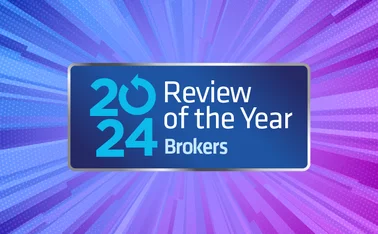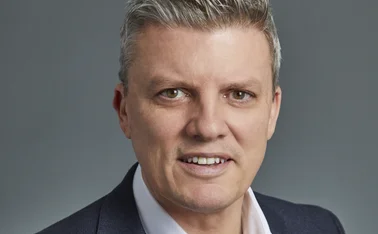
180 Years of Post - The history of direct insurance in the UK: How Direct Line and Churchill took on the establishment and ended up as merger partners
As Post celebrates 180 years, Post content director Jonathan Swift explores the birth of direct insurance in the UK and how two key early movers Direct Line and Churchill went from rivals to merger bedfellows in a deal that literally 'shook up insurance'.
Writing in Post under the headline ‘Wither the Small Broker?” in October 1988 Geoff Rennie commented: “The threat that the direct market poses to the smaller broker is by now well known, but not necessarily understood by all. It is said that RBS’s direct line [sic] receives occasional genuine requests for agencies, which displays a certain lack of awareness of what is going on by those applicants”.
A year later Post received a letter from a Hampshire motor underwriter [name and address withheld] who commented: “Insurance intermediaries are far too relaxed about the growing encroachment of direct market operators in the personal line sector of our market. Intermediaries ignore at your peril the fact that beyond boundaries of this country the overwhelming majority of consumers buy their insurance products direct.”
Paddick, for one, seemed to have cooled down by 1994 when at the first British Insurance Awards at the Grosvenor House, Wood received the Achievement Award and the pair were seen speaking together.
When asked what was his most vivid memory of the night, Wood told Post “getting out alive,” adding: “You have to remember that it was a bold choice to give this award to the man who started the direct insurance revolution, given the number of brokers in the room. Paddick was there, and he was nice to me. These days, those rivalries between direct providers and brokers have largely healed as we all face the same challenges.”
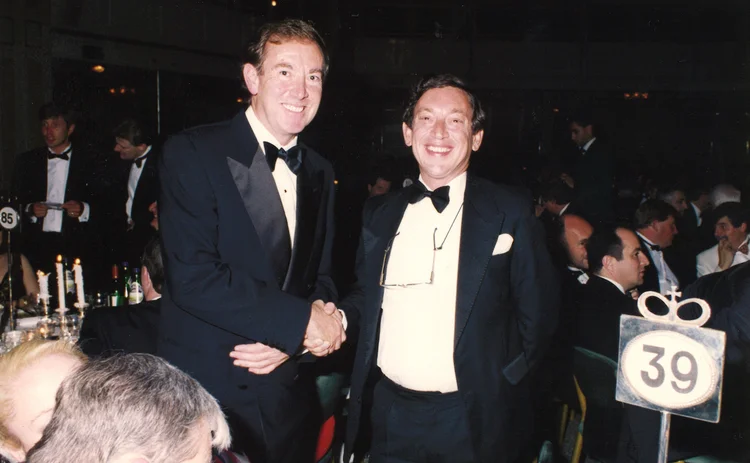
There was a reality check coming though. Not least with the likes of new players like Churchill and the incumbents joining the direct party.
“We were flying [when I joined], but we did come down to earth a little bit," comments Batabyal. "When I joined our profit before tax figure was £88.7m [for the 12 months ending 30 September 1994], but the next year it went up to £112.2m, and everybody had been so used to such exponential increases it was considered a disaster. I remember saying to them, we’ll look back on this and say this is really good, and the next year it was down to £26.5m. We were right in the teeth of a price war and we had to respond or lose business. We were so focused on maintaining our size that we had drawn a line in the sand and said ‘we don’t go below this number of policyholders’ and the only way we could do that was to cut the rates, and that is what everybody did.”
One of the responses to this ‘price war’ was to look at controlling claims costs and the supply chain. Factors that brought How into the business.
“RBS was already heavily invested [in Direct Line] and there were a few concerns about the model, its [long term] viability and whether it would ever get its money back. So it hired [an external consultancy] to do a classic cost reduction review and four guys came in from IBM Consulting. Phil Anderson [then claims director] and Flaherty [then MD] who were sponsoring the project did not want to spend all this money with IBM so the first thing they did was recruit four people to shadow each one of them; so I went in to [work alongside] a guy called Steve Peet and my first job was to run a piece on car repairs.”
How describes being given a crude spreadsheet outlining spending costs on engineers and told because Direct Line repaired 300,000 cars a year but “there must be some savings in there”. A conundrum that led it to begin opening its first repair centre in Wakefield in 1995.
As Batabyal puts it: “There was always a focus on controlling costs [at Direct Line], and one of the biggest – was repairing cars, although that has been superseded by personal injury claims. We spent an awful lot on repairing bent motors and it made sense to own a part or large part of it and so we did spend a lot of time on that.”
Industry consequences
One of the wider industry consequences of this was on the long held industry practice of ‘knock-for-knock’ whereby when both insurers' policyholders incur losses in the same accident, each company pays the losses sustained by its own policyholder regardless of who was responsible.
How explains: “We soon realised that we were repairing cars cheaper than anyone else so we decided [it] was dead because we did not want to pass on our savings to third parties; it also allowed us to redirect own damaged and third-party damaged cars and send them down the ‘right channel’; so gave preference to own policyholders.”
In parallel, Churchill had also opened its own body shops at this juncture; a move that was seized upon by NIG to switch its icon from the red telephone to the bulldog. Coincidently the move came as NIG’s parent – Skandia – was weighing up options for the broker-only insurer having acquired it at the top of the market from Heron International in March 1989.
Up to then NIG had run a national newspaper campaign with the slogan “You’re Better Off With A Broker” and touted the idea of teaming up with the intermediary trade bodies to manage a co-ordinated response to the Direct Line’s “Cut Out the Middleman” messaging.
“Previously we’d done well attacking Direct Line by saying we were the ‘Broker Champion’ and after a while we thought let’s have a go at Churchill too,” remembers Phil Bunker. “And we did that on the back of its owned garage network where there were VAT benefits which we did not think were quite right in terms of a level playing field. So we started lobbying government to change the rules. At that point I got a phone call from Graham Kalbraier, whose brokerage [Anglia Countrywide] had been bought by Churchill.

“He mentioned that Churchill would like to see me because they thought we were being unfair to them. I was based in Orpington and they were based in Bromley so it was an easy journey and I met John O’Roarke who I got on exceedingly well with. Indeed we had a bottle of wine and then another and got along so well that afterwards I had a chat with my boss and suggested we put [Churchill] in the mix [to buy the firm], which we did.”
At this point Bunker notes that having had a management buyout agreed and then rejected for underpricing its asset, Skandia had given the senior NIG team free reign to find a buyer, with the incentive that they would receive a percentage of the difference between the previously agreed MBO price and that paid by a third-party acquisitor.
Given the discretion to find a buyer Bunker says rather than doing a massive beauty parade they selected a few firms to talk too including Allianz, a firm that had coincidently pipped Churchill to buy Pet Plan in May 1996.
“[Churchill] was very worried about Allianz coming in because it had been outbid on Pet Plan at the last moment. So it was pushing it through quickly and we got to a point where we agreed a price but [then NIG MD] John [Carrier] and I were a bit concerned we had not met Martin [Long].
“When I was introduced he was larger than life and I could tell that he would not get on with my boss [Carrier], but John organised a lunch for us to get to know each other and it was a bit awkward. When we went back to their offices afterwards Martin was bigging up about how everything was great at Churchill. How it was all new, the customer service was great and then we got in this lift and he pushed the button, the doors shut and there was a complete power cut. So we were stuck in this lift with all their visions and values plastered all over it, where every letter had meaning. We were thinking we might not have these values [courage, humour, urgency, respect, continuous improvement, honesty, initiative, leadership and loyalty], but at least our bloody lifts work. Then the power came back on.”
In truth, there was a much bigger potential hindrance to Churchill-NIG going through than personality clashes and dodgy lifts, according to Long: “[Churchill] had got to a certain size and then things had started to plateau a bit so we decided to look at another distribution arm. Brokers still controlled quite a bit of the market, NIG was the most respected broker company at the time and fortunately Skandia wanted to sell it.
“So I rang up the Swiss and said I wanted to buy this company and we had conversation with the management where they responded ‘but you are a direct response company’, and I’d said ‘we are mainly but I need another distribution channel and this company is really good with brokers’.
“Anyway, they said no, even after I explained to them that the price was £117m and we’d done all our work and it had a £100m in net asset value and so basically we were paying £17m for a new distribution arm.
“So I phoned the CEO of Credit Suisse [which took over Winterthur in 1997] and said I’ve been told we can’t buy this, but we have to and went through the reasons why concluding by telling him that if you don’t buy it then I need you to release me out of the part of my contract that says I cannot work with anyone else, because I’ll borrow £117m and buy it myself.
Long continues: “Once people see that you are really serious like that they begin to think this might not be such an odd idea. To cut to the chase we bought NIG with its £100m of net asset value and in its first year it made £17m profit, which meant we got this company for nothing basically.”
Significant issues
With the deal rubber stamped at the end of 1999, the Churchill takeover presented two significant issues for Bunker and his team.
“A couple of things worried us. One was the deal was agreed at the end of 1999 so we had the Millennium Bug hanging over us and in that respect Churchill was quite ballsy to do it then; but I did not quite realise at the time how worried they were about Allianz coming in," he remarks. “So there was due diligence of sorts, although it was a bit rushed but we did not care because we wanted to get the deal done. The second issue was ‘what would the brokers say?’”
“Having been through the whole thing with the repair centres, I realised that even though the garages were competing with them, they quite liked Churchill and all their dealings with us were very friendly and they had an open and pleasant culture. It didn’t have that edge that Direct Line had. Its marketing never knocked brokers and it had started to deal with some and bought Anglia. But NIG had really good relationships with its brokers, so as part of the deal we gave all the staff a bonus, which meant when the acquisition happened they were quite motivated to tell intermediaries what a positive move it was.”
Bunker adds that due to fact Carrier did not get on with Long, the deal was projected as a Winterthur deal, rather than Churchill. “But no one believed that apart from our MD”. This antagonism between those in Crown House [NIG’s City HQ] and Bromley was an important factor in why NIG became known as ‘Not In Group’ as there was little or no integration until Carrier left in 2001 and Bunker became MD.
“Then we had a wall of integration hit us, all this pent off frustration and we had to deal with it. It was quite demanding, but quite fun, and we crunched the two together and the cultures were similar when we got the staff working together.”
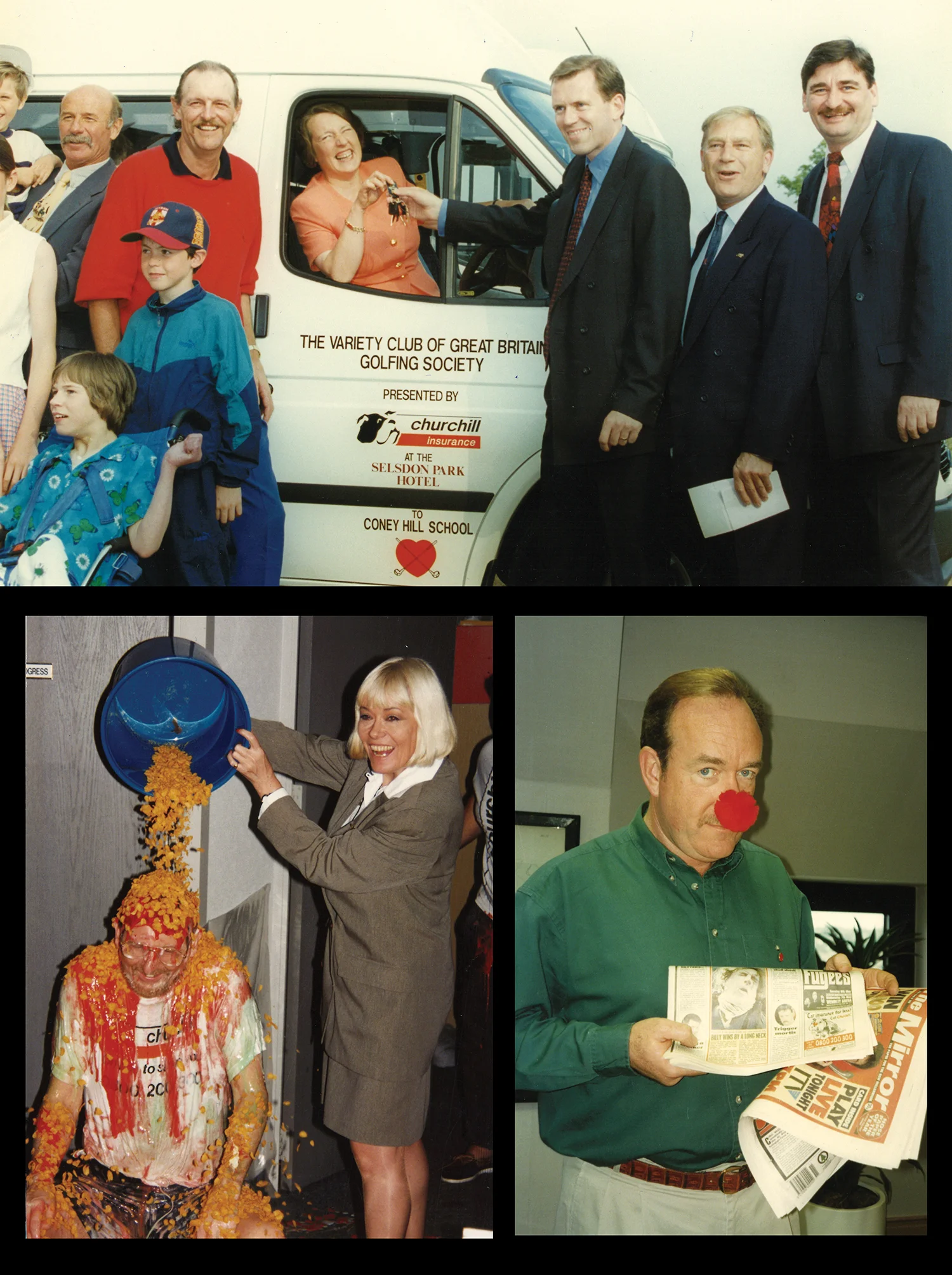
Up to then Churchill’s acquisitions had mostly included books of business such as the Refuge Assurance household account and CGA Direct's general insurance business, alongside telebroker Anglia Countrywide and broker Devitt. The NIG deal saw Churchill up its ambitions and go on a significant buying spree, which many observers believe was inevitable given the directors’ earn-outs were linked to top-line growth.
In June 2001, Churchill bought the Pearl general insurance business from AMP [it had a growing penchant for buying up books from the traditional industrial life assurance players] and Inter Group, a travel broker set up by Andrew Blowers, although it had not been the first in line to buy the firm.
“AIG was a major partner and had indicated it would quite like to buy us and it was approved all the way through the system until it got to [then chairman Maurice ‘Hank’] Greenberg who decided it was way too much money and pulled out of the deal despite all the work done,” he recalls.
“So I was on the rebound when John O’Roarke said ‘you are a major partner, we would like to assume you into the group if it could that be done’. We had just won the Boots account, but I wasn’t doing cartwheels anymore. I’d done 10 years of it, and it wasn’t as exciting as when we started.”
A few months later Churchill made its biggest acquisition when it bought the Prudential general insurance business [incidentally where Long began his insurance career as a 17 year old], beating its rival Direct Line to the deal.
“I ran Prudential’s personal lines business; when it was put on the market and interestingly both Churchill and Direct Line bid for it; so there was some debate around that [internally],” Mike Quinton reflects.
“I remember being interviewed by [the Direct Line CEO] Annette [Court] and [she wanted me to run partnerships so] tried to me persuade me Leeds was a great place to work with the added attraction there was a Harvey Nichols there. But Churchill won and I was pleased especially because everyone from Prudential moved across with the exception of one person.”
Only users who have a paid subscription or are part of a corporate subscription are able to print or copy content.
To access these options, along with all other subscription benefits, please contact info@postonline.co.uk or view our subscription options here: http://subscriptions.postonline.co.uk/subscribe
You are currently unable to print this content. Please contact info@postonline.co.uk to find out more.
You are currently unable to copy this content. Please contact info@postonline.co.uk to find out more.
Copyright Infopro Digital Limited. All rights reserved.
As outlined in our terms and conditions, https://www.infopro-digital.com/terms-and-conditions/subscriptions/ (point 2.4), printing is limited to a single copy.
If you would like to purchase additional rights please email info@postonline.co.uk
Copyright Infopro Digital Limited. All rights reserved.
You may share this content using our article tools. As outlined in our terms and conditions, https://www.infopro-digital.com/terms-and-conditions/subscriptions/ (clause 2.4), an Authorised User may only make one copy of the materials for their own personal use. You must also comply with the restrictions in clause 2.5.
If you would like to purchase additional rights please email info@postonline.co.uk

